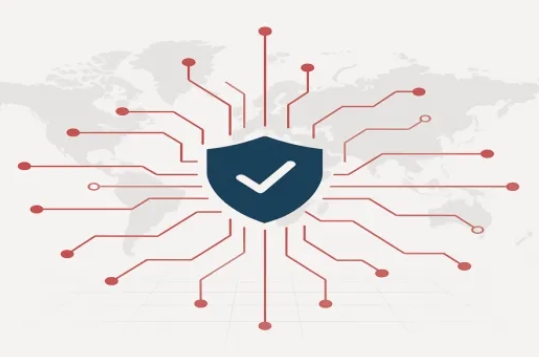Related Publications

Indian Safe Harbour regime
India has emerged as a global innovation and R&D hub, with over 1,700 GCCs driving transformation across sectors. These centres are governed by transfer pricing rules that impact multinational investment strategies. To enhance ease of doing business, recommendations include widening Safe Harbour eligibility, rationalising service categories, and removing impractical risk conditions. Extending Safe Harbour to companies under audit can also reduce litigation and support a more competitive tax environment.

Evaluating Global CBPR, PRP, and CAPE for India’s Personal Data Protection Ecosystem
A recent White Paper prepared by Nasscom seeks to provide an analysis of these frameworks, their structure, obligations, and how they may align with the DPDPA. The paper is a follow up to technical workshop Nasscom convened in collaboration with Ministry of Electronics and Information Technology (MEITY) and Ministry of External Affairs (MEA) during 19-21 September, 2024 to examine the Global CBPR framework and its relevance for India.

Handbook on Labour Codes
India’s growth is closely tied to a productive and protected workforce, making progressive labour reforms essential. To support this, Nasscom and Nishith Desai Associates have created a concise Handbook on the four new Labour Codes, tailored for the IT-BPM sector. The Handbook simplifies complex legal changes into practical insights for CXOs and policy professionals. It encourages industry collaboration and aims to help businesses align with evolving labour laws effectively.





